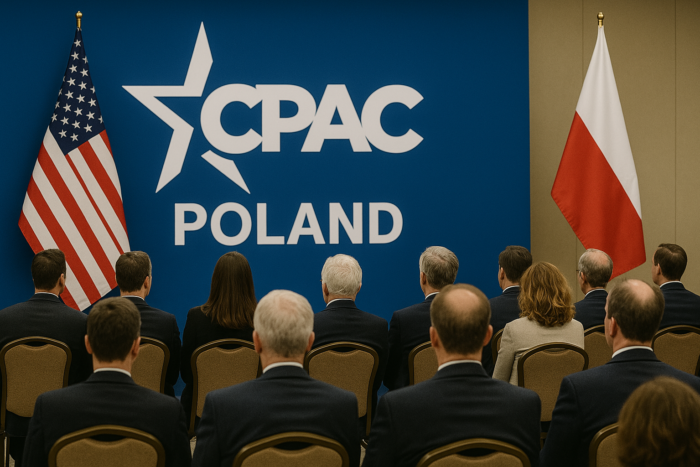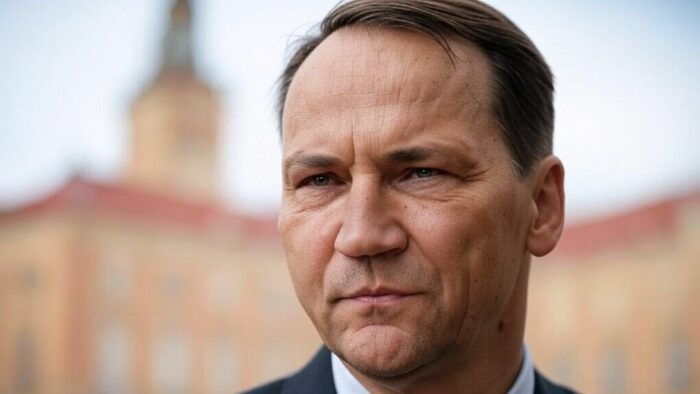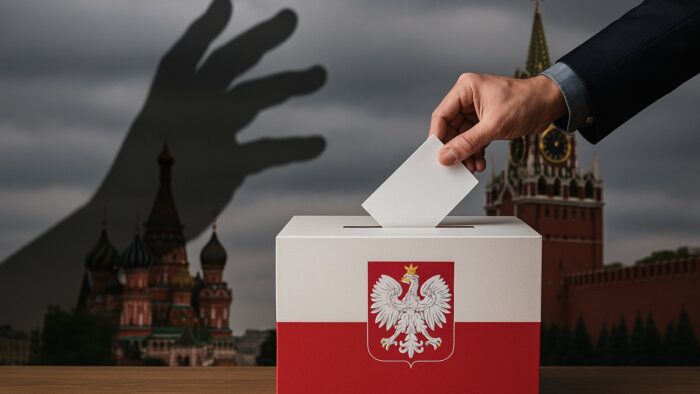Russian influence in the upcoming presidential election in Poland as emerged as a key security concern ahead of the upcoming presidential vote. On April 16, 2025, Polish Radio reported that parliamentary investigators have identified 25 individuals suspected of spreading Kremlin-backed propaganda, with presidential candidate Maciej Maciak’s media activities under scrutiny despite not being officially named on the list. The article begins:
Although the list does not include the name of journalist and presidential candidate Maciej Maciak, his media activities were reportedly being verified, as stated by the Polish daily Gazeta Wyborcza on Wednesday. According to the newspaper, the Polish parliamentary commission on Russian influence had, by February 2025, handed over a list of 25 individuals to the Internal Security Agency (ABW) for spreading Russian propaganda, repeating pro-Russian content, as well as anti-EU, anti-Ukrainian, and anti-NATO propaganda.
Key Points
- The parliamentary commission has evidence that some pro-Russian websites in Poland are directly funded by Moscow’s influence operations.
- Maciak reportedly appeared on Belarusian state media praising Putin and Lukashenko while presenting anti-establishment views on his YouTube channel.
- Security experts warn Russia may exploit Maciak’s candidacy to test Poland’s electoral system and counterintelligence protections.
- During the first presidential debate, Maciak generated the highest number of internet searches, suggesting potential effectiveness of the influence operation.
Russia Influence in Polish Elections: Kremlin Escalates Hybrid Attacks
In the lead-up to Poland’s 2025 presidential election, authorities have reported more than 50 incidents of disinformation, sabotage, and efforts to erode public trust, all part of Russian influence operations targeting Poland’s democratic process. This campaign reflects the Kremlin playbook of coordinated digital campaigns, psychological manipulation, and covert funding seen across Eastern Europe,. Polish officials have described the current wave of Russian interference as “unprecedented,” noting a sharp rise in cyberattacks and hybrid operations against critical infrastructure, with the cyber threat level more than doubling since 2024. The Russian Doppelganger operation has amplified anti-EU and anti-Ukrainian narratives on social media, exploiting Poland’s support for Ukraine and deepening social divisions, while gaps in platform enforcement have allowed much of this content to persist. As the election nears, concerns have also grown over candidates perceived as sympathetic to Russian interests, underscoring the ongoing vulnerability of Poland’s political landscape.
External References:
Disclaimer
The Global Influence Operations Report (GIOR) employs AI throughout the posting process, including generating summaries of news items, the introduction, key points, and often the “context” section. We recommend verifying all information before use. Additionally, images are AI-generated and intended solely for illustrative purposes. While they represent the











